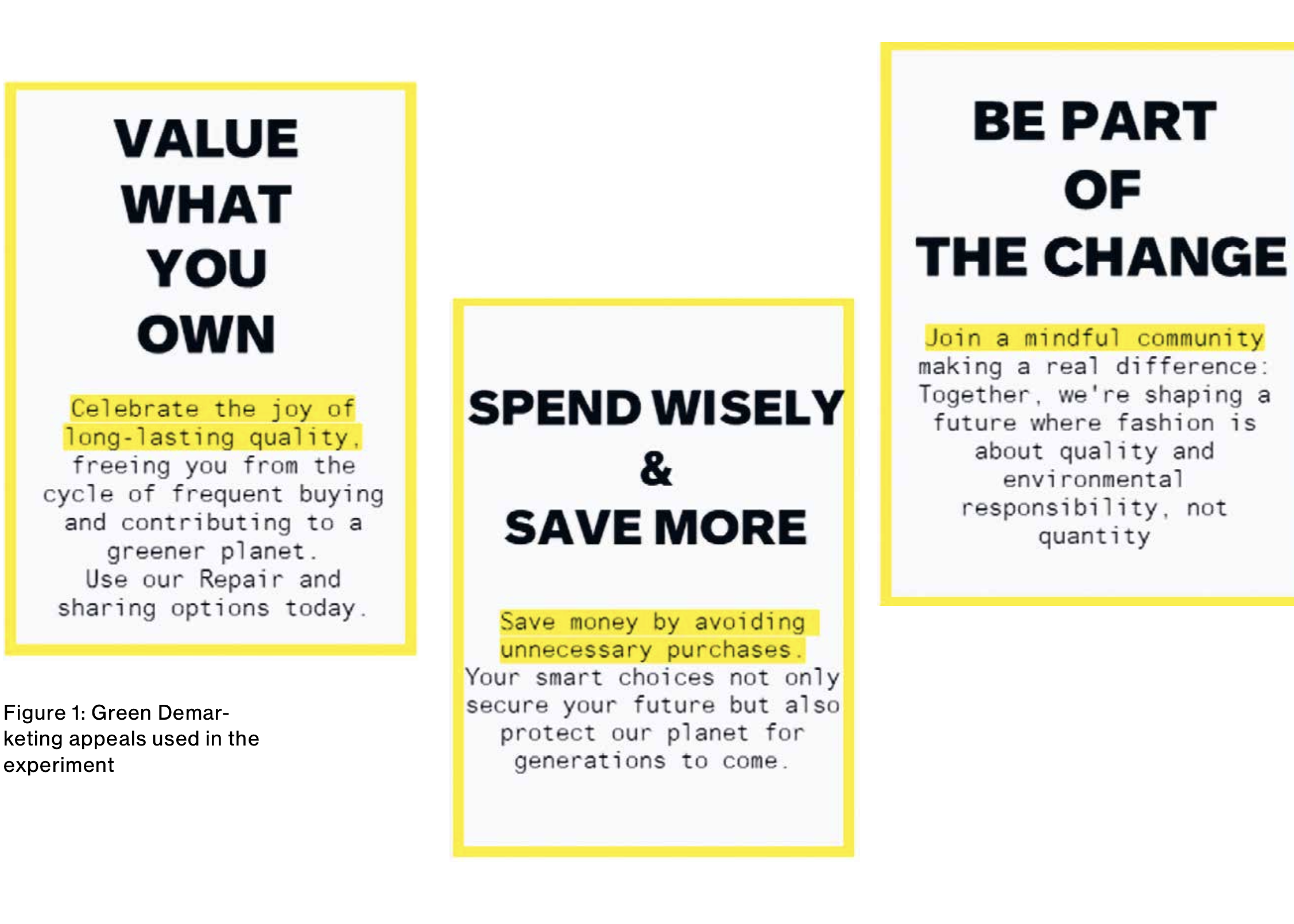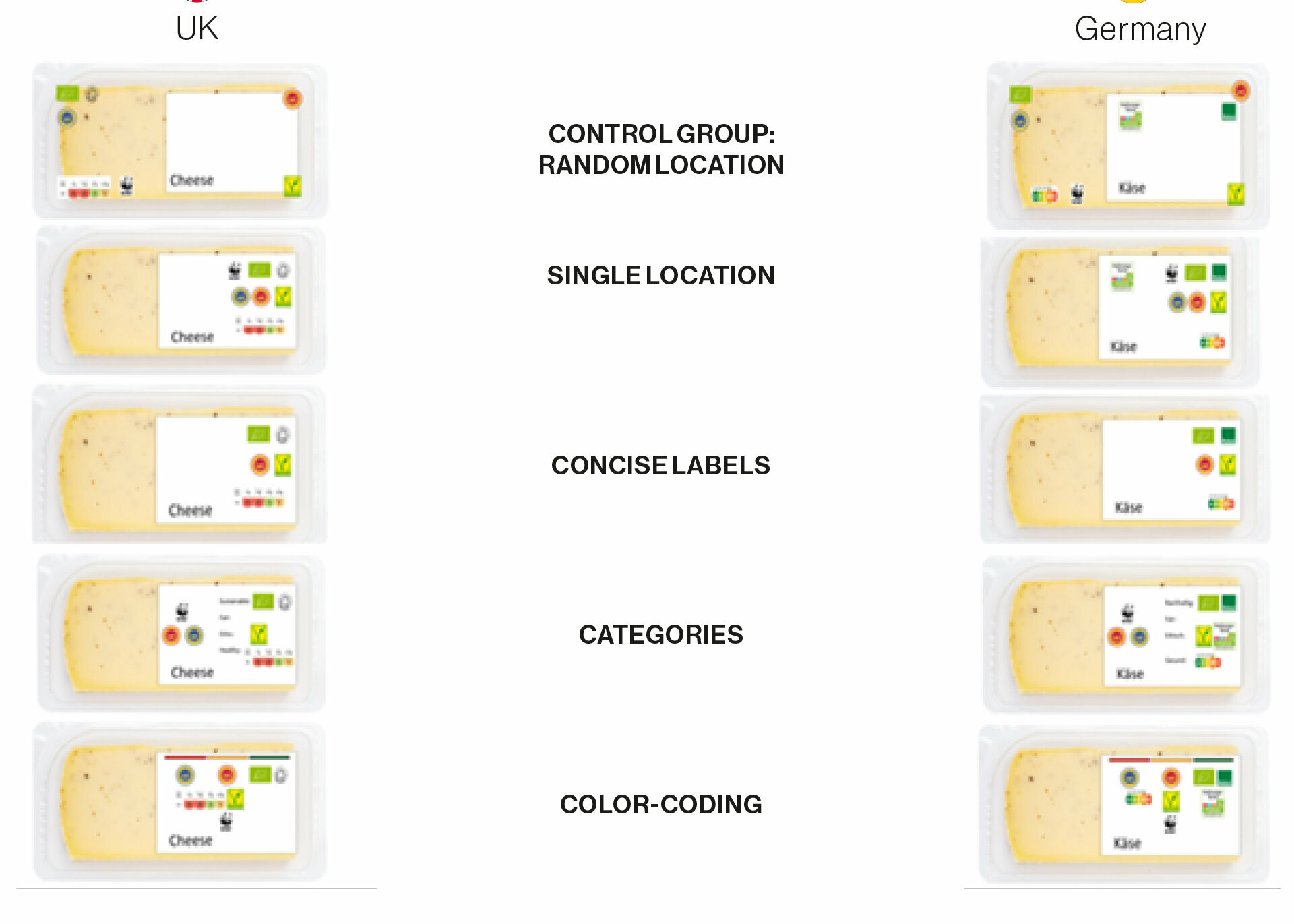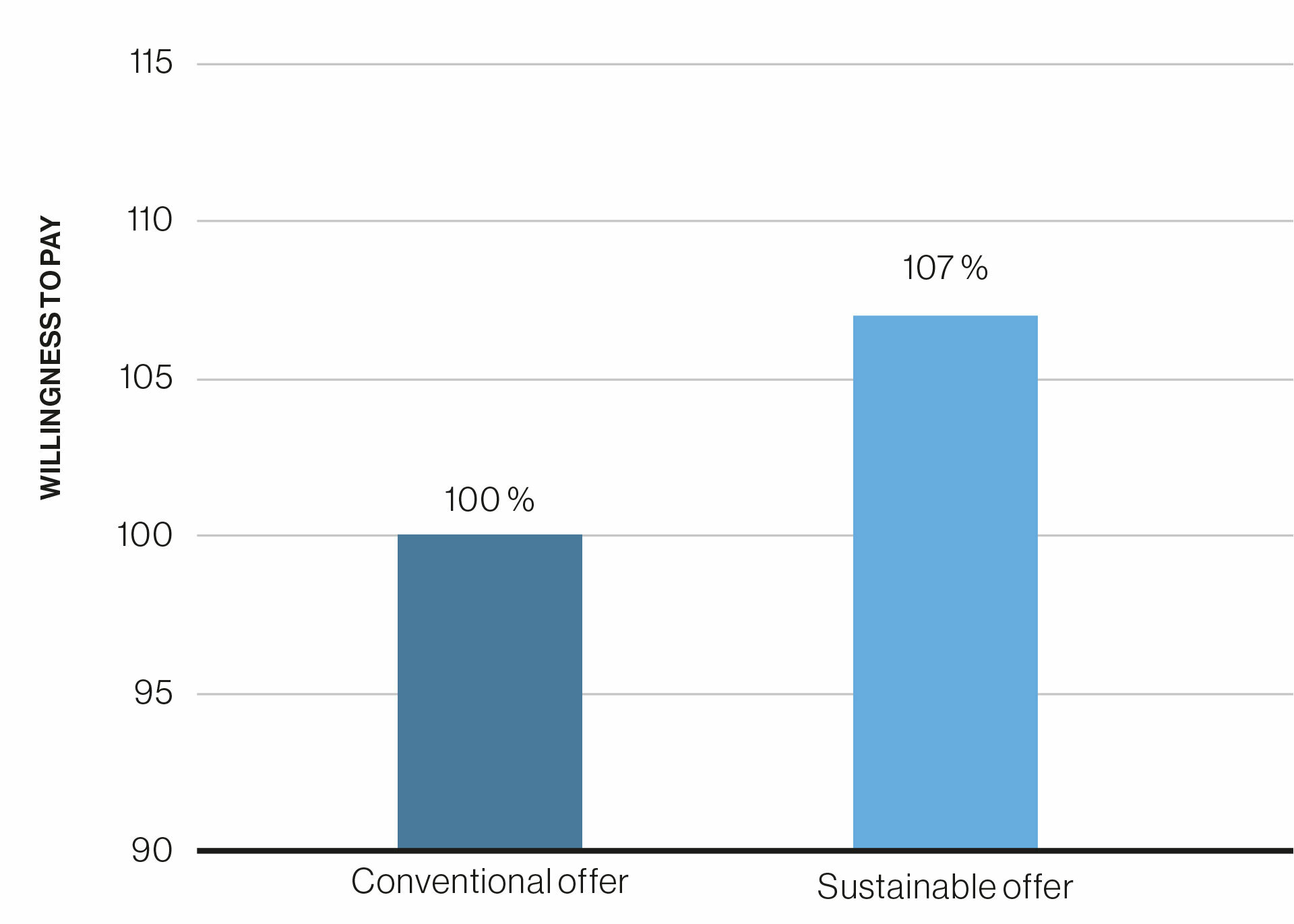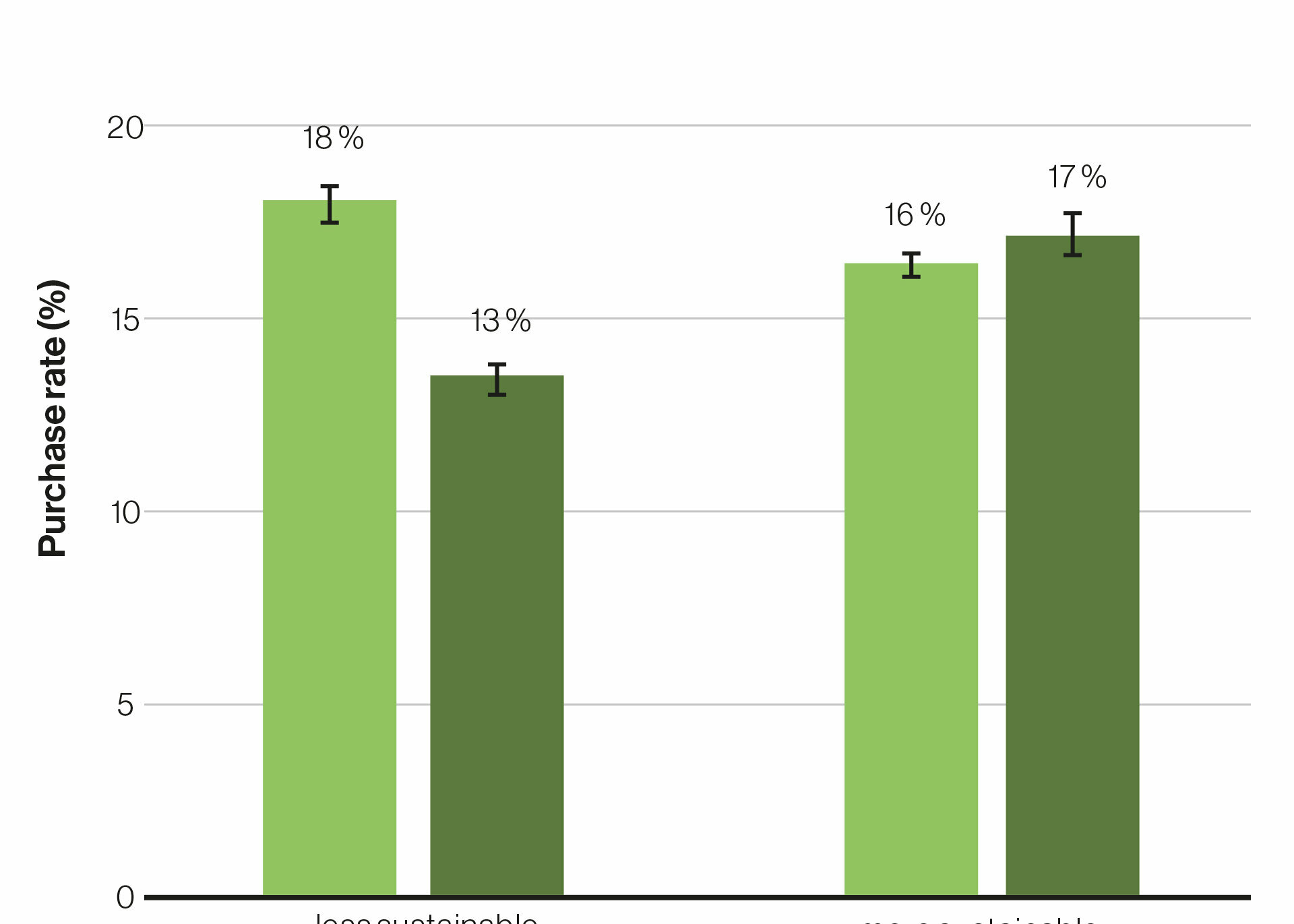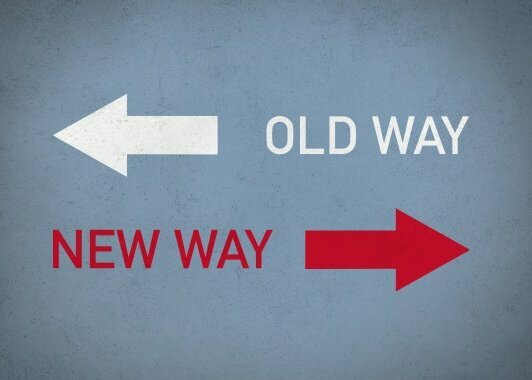At the NIM, we aim to understand how and why consumers are behaving , deciding, perceiving value, as well as how they are affected by new technologies (e.g., Artificial Intelligence), societal trends (e.g., sustainability or innovations), and through applications of behavioral science . Therefore, we conduct academic research by applying a wide range of different methodological approaches and psychological perspectives to shed light on consumers’ behavior.
Additionally, we also explore micro- and marco-economic effects on the market and society as a whole. Due to its positioning at the intersection between industry and academia, the NIM reveals relevant theoretical as well as practical implications for various stakeholders, such as for companies, policy makers, academia, consumers and society to yield “prosperity for all” in the sense of a socio-ecological market economy.
Further information (Research Agenda)
You can filter the research projects by topic, contact person and year.
Research topic
Contact Person
Year
Can consumption be reduced through targeted appeals.
Read more
Is branding able to close the trust gap afflicting circular fashion?
Read more
German consumers possess limited yet growing awareness of True Cost Accounting in the agri-food sector.
Read more
Can sustainable packaging boost product quality perceptions?
Read more
Sustainability labels aim to guide consumer choices—but do they actually help?
Read more
Providing the carbon footprint of a dish can reduce the carbon emissions among environmentally concerned consumers.
Read more
Why the market share of sustainable alternatives often lags miles behind suppliers’ expectations.
Read more
Are we making better or worse decisions? How quickly are we deciding, and are we fact-checking less as we trust AI more?
Read more
How can marketers build trust and unlock AI’s potential?
Read more
Does consumers’ trust in sustainability claims bridge the attitude-behavior gap?
Read more
Does a fit of message, image and consumer's regulatory focus increas pro-environmental market decisions?
Read more
Does informing consumers about their carbon footprint increases their intention to reduce emissions?
Read more
How are online visibility and the perception of brand purpose related?
Read more
This project explores how product presentation such as filters, sorting, and sponsored content impact shopper's choices.
Read more
Some consumers are unwilling to pay the price premium for carbon compensations. We test a novel nudge to reduce costs to consumers.
Read more
What factors influence the decision to innovate the business model and are there any systematic biases?
Read more
Scope of the project is to examine the willingness to pay of consumers for pork marked by the planned german animal husbandry labelling.
Read more
In this project, we develop an test so-called "social norm nudges" to promote sustainable consumer behavior.
Read more
Artificial intelligence and intelligent algorithms are increasingly able to assist or even take over tasks from human decision makers.
Read more
Digital technologies are a central part of our daily lives. How important they have become was demonstrated in October 2021 when the ...
Read more
Cognitive biases can have significant consequences for companies – from poor decision-making to negative impacts on corporate culture and...
Read more
While many brands claim a “purpose beyond profit”, it remains unclear which brands consumers perceive to be purpose-driven
Read more
Nowadays, offers like price qoutes or settlement offers are quite often made by an algorithm rather than a human. But do humans perceive ...
Read more
Chatbots are supposed to help consumers and give decision support. Their design and behavior becomes more and more human-like.
Read more

